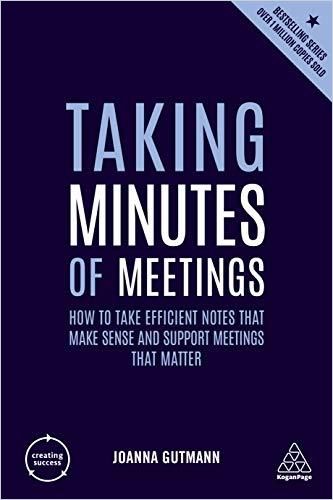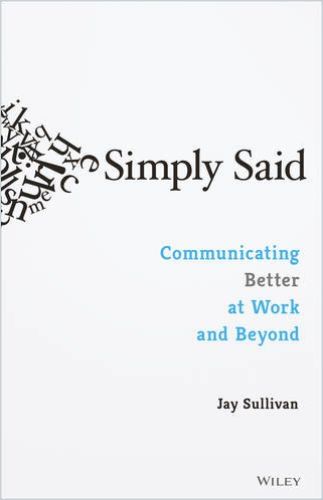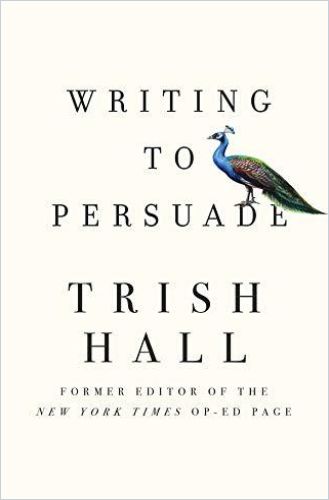The Top Skill Remote Workers Need

As a remote worker, you will likely find yourself writing more than ever before. Instead of stopping by your co-worker’s desk to offer a quick update, you will now have to communicate in a written format.
How you come across in writing matters. Without the context of face-to-face cues and body language, your word and sentence choices are what you will be judged by. You will want to make sure others understand what you want to say. You will want to engage your audience so people keep reading your emails and reports to the end.
The good news: Effective writing is a learnable skill. And if everybody in your remote team brushes up on – and makes good use of! – their writing skills, remote teamwork will become more effective and efficient.

Take Minutes – and Save Hours
Members of your team may work asynchronously or are dispersed across time zones. This makes it harder to schedule live meetings. So what’s the solution? Have someone in your team write a concise summary of what was discussed. This way, you will keep everybody in the loop and save people hours in unnecessary follow-ups. Check out Joanna Gutmann’s manual on writing effective meeting minutes:

Write Emails – With Purpose
Emails are not always the preferred choice of communication. But if you know how to write them well, emails are highly effective at getting your point across. Start with creating a strong subject line. Make sure your message is clear and includes straightforward action steps, communication consultant Jay Sullivan advises:

Most importantly, keep your emails short. Communications consultant Joseph McCormack offers actionable advice on how to make brevity second nature:

Post Messages – With Maximum Effect
With people working remotely, collaboration involves a lot of writing. Collaboration platforms like Slack and Teams are the pandemic era’s substitute for chance encounters, impromptu in-person conversations and spontaneous office huddles. Make your voice heard and your contributions count by using simple prose and easily understood words. David Girouard, CEO of Upstart, suggests to take your cues from one of the world’s most effective, inspirational leaders, Winston Churchill:

Craft Reports – Without Beating Around the Bush
Do you have an idea for a new project? Put your proposal in writing! A great advantage of writing versus talking is that the process helps you organize your thinking. If your argument has holes or flaws, writing it out will expose them. To get your idea across effectively, your writing must be well-organized and to-the-point. Organize your thoughts by planning carefully before you write, professional writer Robert Bullard advises, and finish your proposal with a wrap-up of your main points:

Remember: A well-written proposal can make the difference between getting a new project approved on time or getting bogged down in endless back-and forths.
Make It Interesting – But Stay Yourself
To be persuasive, you must write in your own voice. No matter whether you are writing an email, a report or a chat message, you will benefit from many of the tips, tools and techniques Trish Hall shares in her useful writing guide. One particular piece of advice: Know thy audience! Learn about the people with whom you want to connect. Find links to your audience through similarities, emotions and a willingness to understand them:

In a remote work environment, it’s no longer the person with the loudest voice who will win. It’s the person with the best idea, articulated concisely and clearly, who will grab people’s attention. Intentionally honing your writing skills is about the best you can do to set yourself up for success in the virtual workplace.







